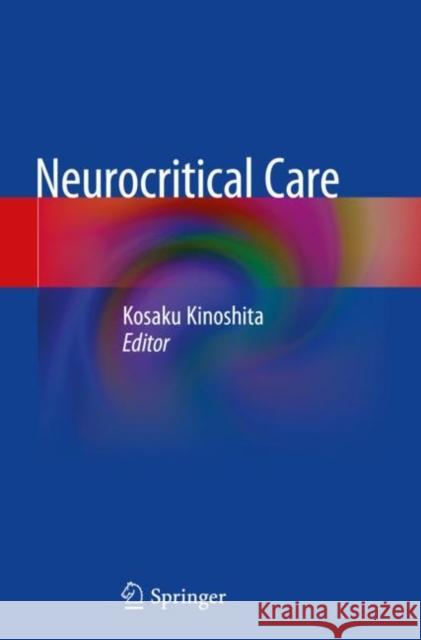Neurocritical Care » książka
topmenu
Neurocritical Care
ISBN-13: 9789811372742 / Angielski / Miękka / 2020 / 225 str.
Neurocritical Care
ISBN-13: 9789811372742 / Angielski / Miękka / 2020 / 225 str.
cena 401,58
(netto: 382,46 VAT: 5%)
Najniższa cena z 30 dni: 385,52
(netto: 382,46 VAT: 5%)
Najniższa cena z 30 dni: 385,52
Termin realizacji zamówienia:
ok. 22 dni roboczych.
ok. 22 dni roboczych.
Darmowa dostawa!
Kategorie BISAC:
Wydawca:
Springer
Język:
Angielski
ISBN-13:
9789811372742
Rok wydania:
2020
Wydanie:
2019
Ilość stron:
225
Oprawa:
Miękka
Wolumenów:
01











